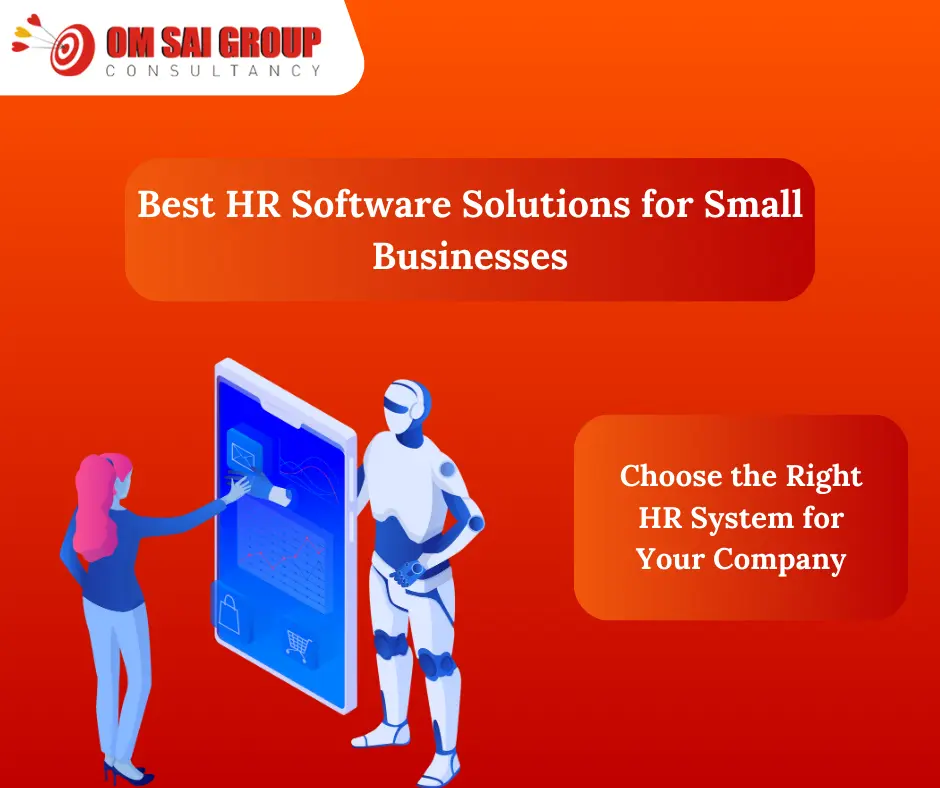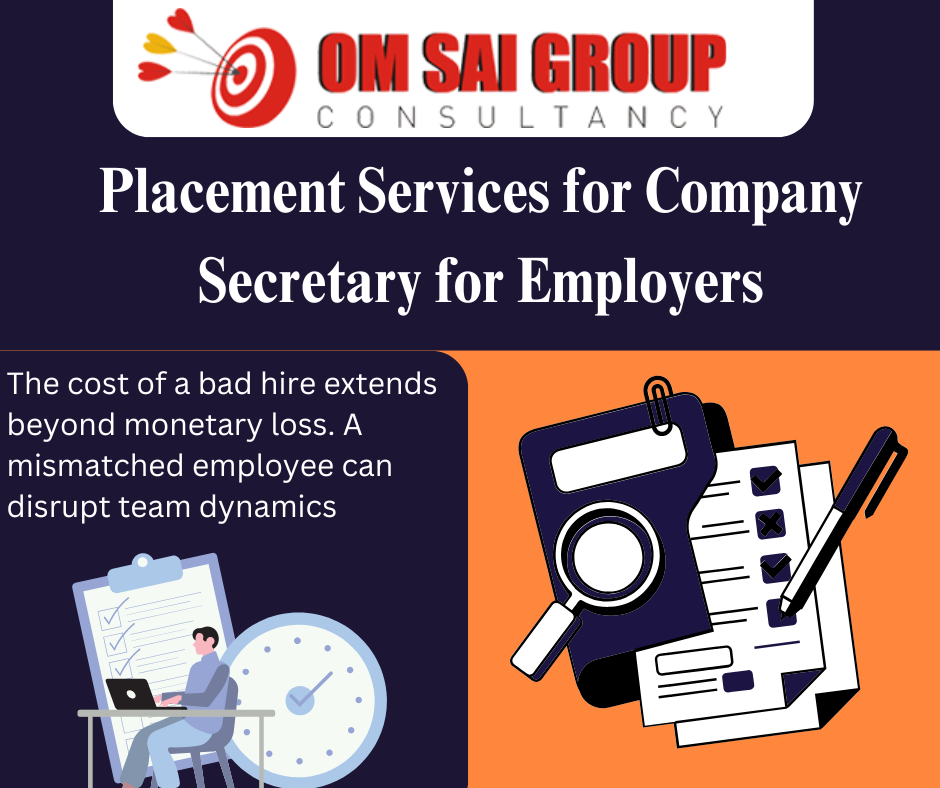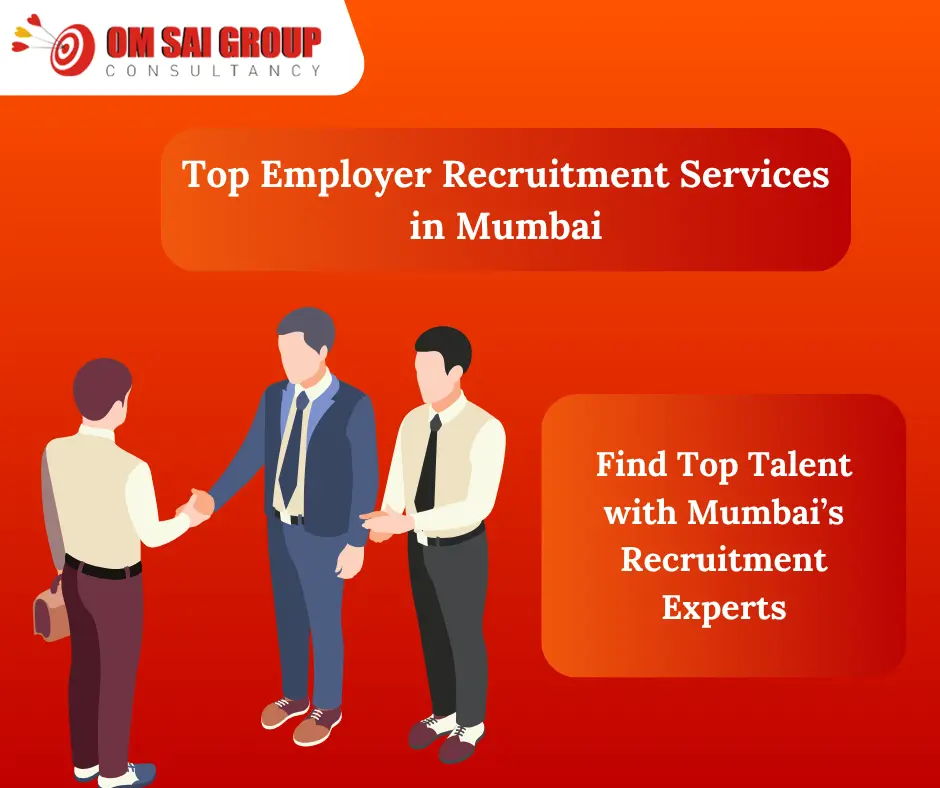Empowering Your Talent Strategy Through Smart Tech Decisions
In a rapidly changing job market, where talent shortages, remote workers, HR technology platforms and skills deficits are the top-of-mind concerns for boardroom strategists, there is one burning question: how to select the ideal HR technology platform. For those trying to remain at the forefront, an informed HR tech decision isn’t a checkbox—it’s the distinction between a humming, nimble employee base and a stalled business. If you’re an HR manager, a business leader, or a startup entrepreneur working to optimize your hiring process, grasping the specifics of this decision can change your business landscape.
Why HR Tech Decisions Are No Longer Optional
Old-school recruitment practices—keeping Excel spreadsheets in order, manually posting jobs, or using word-of-mouth referrals exclusively—have not only grown old, they’ve buckled under the pressure of new expectations. recruitment Agencies Companies now require recruitment automation software that does more than convert—it requires software that thinks, measures, forecasts, and scales. HR technology platforms
With the average days to fill a role sitting at approximately 36 days, and the price tag of a poor hire topping out at more than 30% of an employee’s first-year salary, the demand for smart, responsive HR systems has never been greater. Not only do HR technology platforms make workflows easier, but they optimize the entire talent life cycle—beginning from sourcing and screening and running all the way through to onboarding and retention.
Exploring the Stakes: What Makes HR Tech Vital
Companies that don’t invest in new recruitment technology risk lagging behind competitors who are leveraging technology as a strategic ally. For instance, multinational organizations utilizing recruitment automation technology have seen as much as a 60% reduction in time-to-hire and as much as 40% increase in candidate quality, Deloitte’s 2024 Human Capital Trends report says. HR technology platforms
This isn’t about keeping up—it’s about getting ahead.
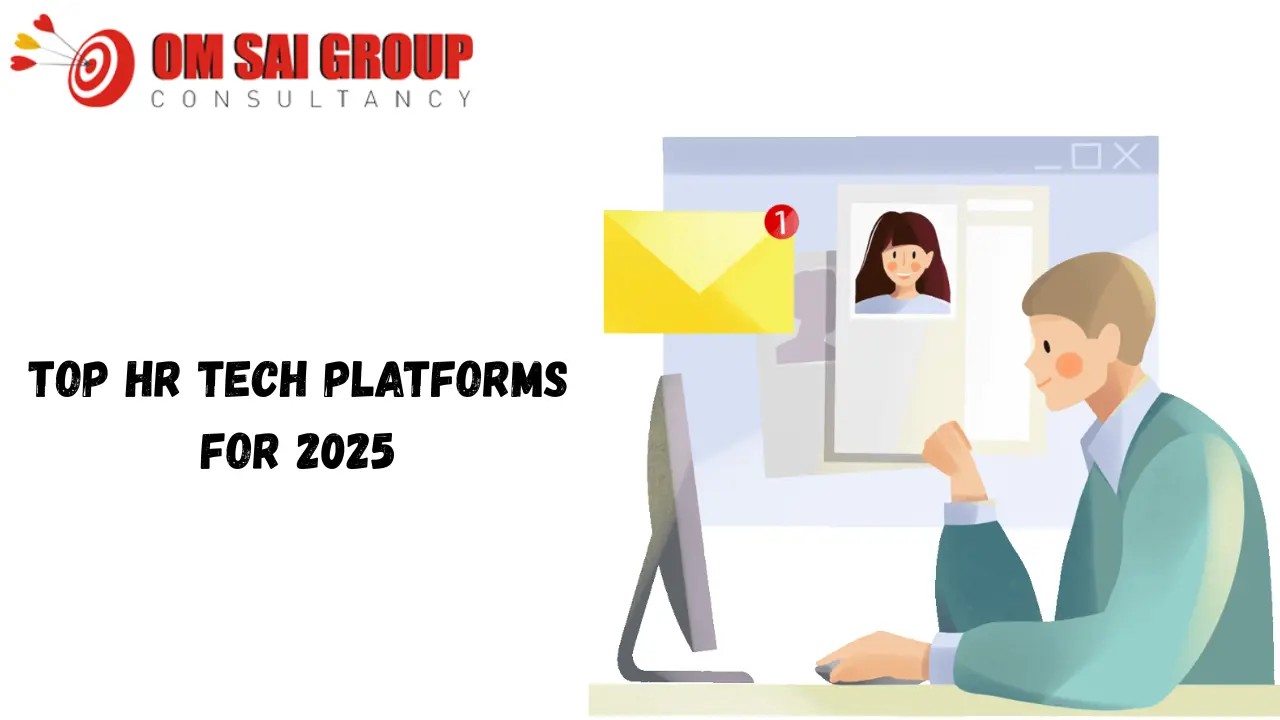
Step One: Define Your Recruitment Goals
Before comparing dashboards, integrations, or user interfaces, leadership must get brutally clear on their goals. HR technology platforms
- Are you aiming to reduce time-to-hire?
- Do you need stronger analytics for workforce planning?
- Is your current challenge scaling your hiring for multiple locations?
The clearer your goals, the closer your HR platform selection will be. If efficiency and speed are goals, concentrate on platforms that highlight how to automate recruitment process phases like sourcing, screening, and scheduling interviews. If cost management is a concern, start by reviewing recruitment software free solutions that deliver baseline capabilities with optional scalability.
Core Features to Look For in HR Technology
All platforms are not equal. Although it’s easy to get attracted to trendier systems with bells and whistles, concentrate on the basics that directly benefit your recruiting environment.
1. End-to-End Recruitment Automation
Look for platforms that provide end-to-end recruitment automation tools—from job posting syndication and AI-driven resume parsing to candidate scoring and follow-ups with automation. These tools significantly cut manual labor and bottlenecks. HR technology platforms
2. Integration with Existing Systems
A platform’s ability to integrate with your existing CRM, payroll, or performance management systems ensures a seamless flow of information and avoids data silos. This matters when scaling recruitment or conducting workforce analytics. manpower Service
3. Real-Time Analytics
Data is only powerful if it’s actionable. The best recruitment software should offer dashboards that track time-to-hire, cost-per-hire, candidate source effectiveness, and diversity metrics—enabling continuous optimization of your recruitment strategy. HR technology platforms
4. AI-Powered Candidate Matching
Today’s platforms leverage machine learning to improve candidate-job matching, assisting in diminishing biases and enhancing quality-of-hire over time.
5. Mobile Optimization
As more candidates apply for opportunities using smartphones, mobile-first interfaces have become a necessity. Your HR platform not only must be mobile accessible, but hiring managers also must be able to review applications, provide feedback, and schedule interviews while on the move. HR technology platforms
Evaluating the Ecosystem: Free vs. Paid Recruitment Software
Most businesses begin their HR technology journey with free recruitment software options. Zoho Recruit, Freshteam, and Recooty are examples of tools with core features like applicant tracking, resume parsing, and job board integrations.
- But when do you realize it’s time to upgrade to a premium platform?
- When you have to hire in large numbers
- When customization is a priority
- When analytics and reporting must drive strategic decisions
Free platforms are an excellent testing ground but scaling requires adaptability, security, and advanced features not found in free versions. HR technology platforms
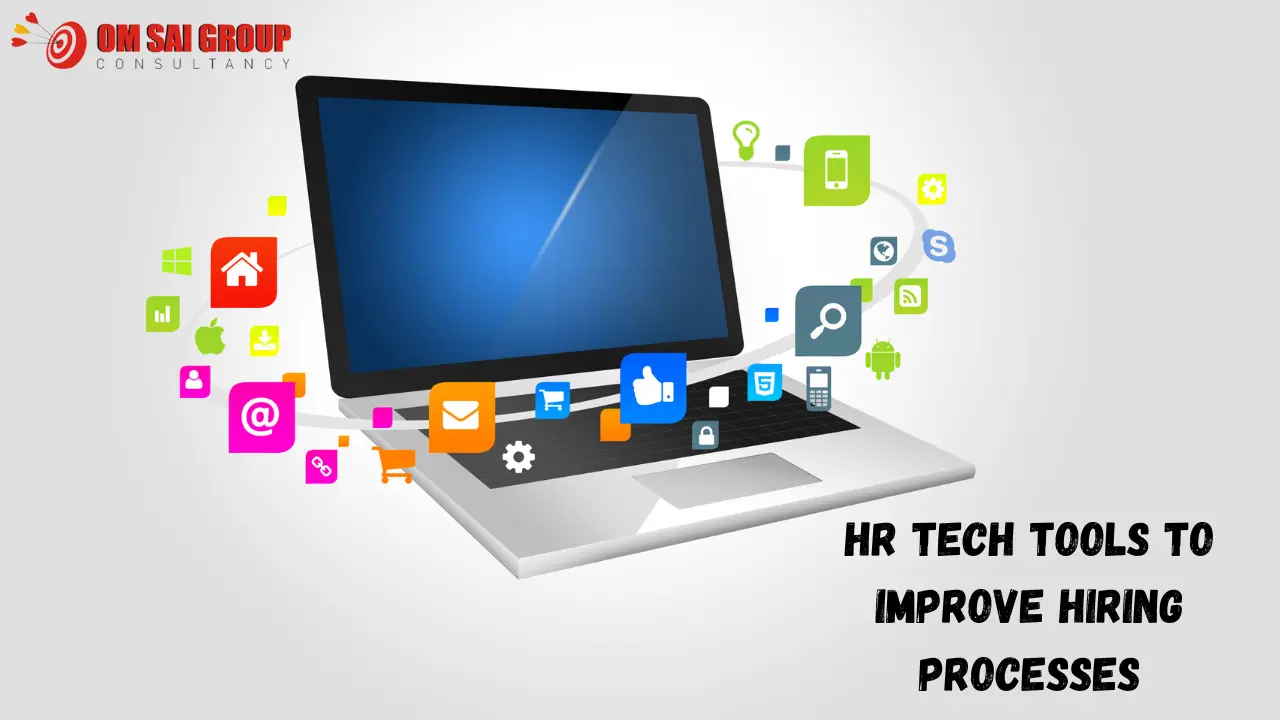
How to Automate Recruitment Process in Real Terms
Automation is not a feature—it’s a methodology. Staffing solutions In order to properly automate the recruitment process, your HR platform must enable:
- Automated Job Postings on multiple platforms
- AI-driven resume screening according to professional filters
- Auto-generated resume assessments or psychometric tests
- Auto-scheduling of interviews based on calendar integrations
- Automated offer emails and feedback letters
These aren’t mere niceties—they’re essential to building a nimble and responsive hiring machine. HR technology platforms
The Benefits of Automating Recruitment Process
The advantages of recruitment process automation extend far, far beyond convenience:
- Less Time-to-Hire: Automation reduces manual processing time by as much as 70%
- Better Candidate Experience: Timely communications, smooth applications, and transparent next steps
- Better Quality-of-Hire: AI screening eliminates human error and bias
- Reduced Recruitment Expenses: Fewer relyences on third-party agencies and less time spent on inappropriate applicants
- Scaleability: Recruit ten or ten thousand applicants through the same process
- Data-Driven Decisions: Leverage analysis to enhance job descriptions, sourcing media, and applicant engagement
Choosing the Best Recruitment Software: A Strategic Lens
The selection of the optimum recruitment software is all about matching your firm’s values, framework, and long-term vision. Here are some non-negotiables for your checklist:
- Security: Ensure GDPR compliance and encrypted candidate data storage
- User Experience: The platform should be intuitive for recruiters and candidates alike
- Support & Onboarding: Look for platforms that offer robust onboarding and customer support
- Scalability: Your platform should grow with your business needs
- Customization: From workflows to email templates, the platform must fit your unique hiring style
Look Beyond the Tool—Look at the Provider
A less-told story when choosing an HR technology platforms is checking the vendor. How often do they release updates? What’s their roadmap? Do they put money into R&D to future-proof the solution?
Get real-world examples. Have a word with existing customers. Go through case studies. That’s when you’ll know how the tool holds up under real-world conditions.
Future-Proofing Your Hiring Game
The future of recruitment is not arriving—it is already here. HR leaders should remain ahead of the curve by deploying platforms that transcend the fundamentals and provide intelligence, scalability, and actionable insights. With Gen Z arriving in the workforce and remote hiring becoming the new norm, the need for intuitive, quick, and strategic recruitment systems can only be on the rise.
Selecting the proper HR technology platform is not an IT choice—it’s a business necessity. HR technology platforms
Final Thought: Take Action Before You’re Forced To
Don’t wait for your hiring pipeline to crack under stress or your HR function to sink in spreadsheets. Take proactive action toward more intelligent recruitment. Assess, test, and invest in the HR platform that supports your ambitions, your culture, and your future. Placement Service

